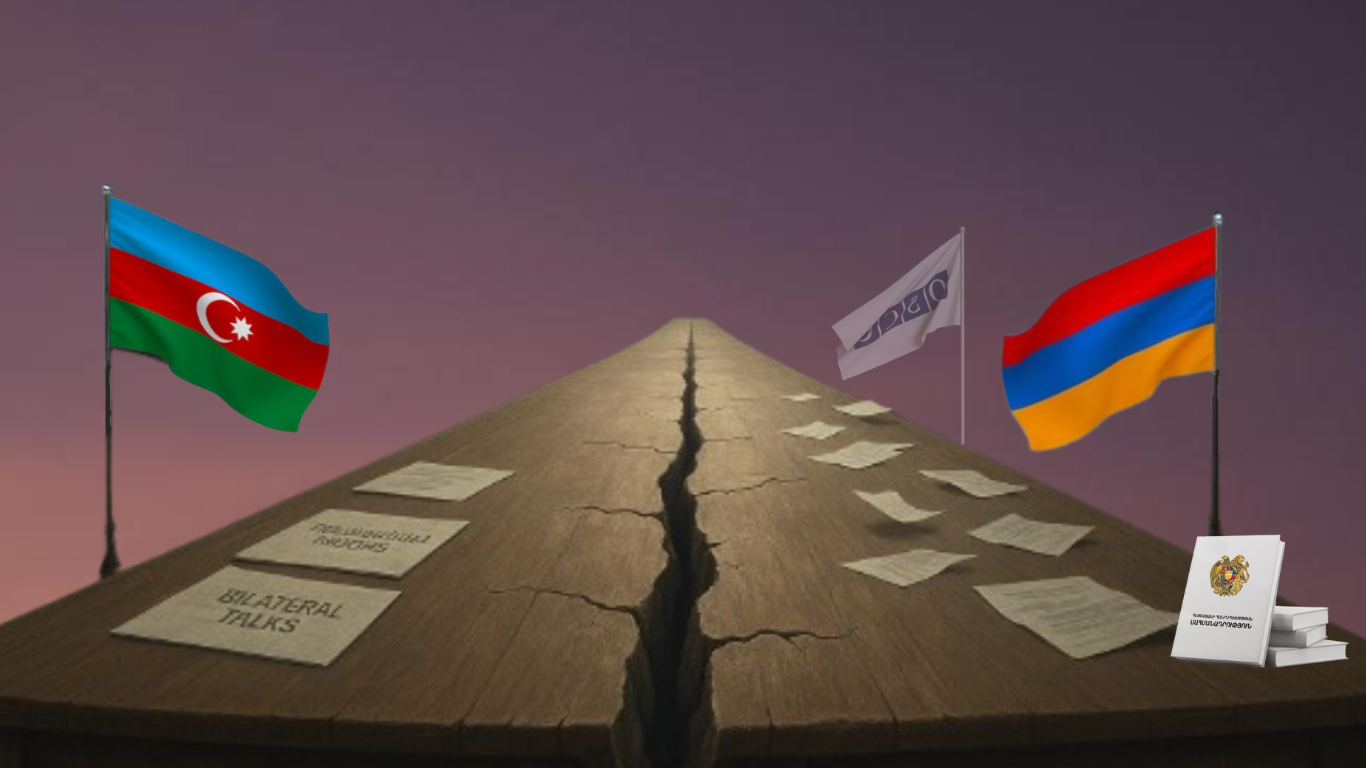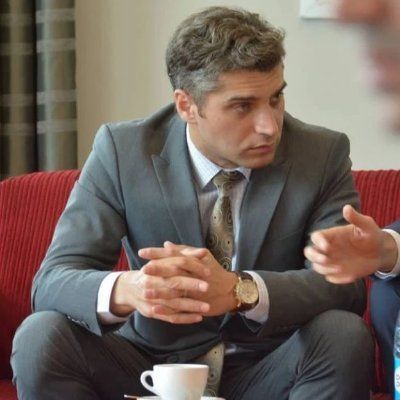Peace remains elusive as Armenia distracted by third-party desire

As time passes, the stalled peace agreement between Azerbaijan and Armenia has increasingly drawn the attention of various international stakeholders. This is not simply a matter of diplomatic interest; it signals a growing risk: the re-ignition of a long-dormant conflict, fuelled by external interference and the absence of genuine political will.
This raises a critical question: who is to blame?
A number of international media outlets suggest that the delay in concluding the peace deal lies in Azerbaijan’s preconditions for normalisation. However, these so-called “preconditions” are in fact central to ensuring long-term security and justice, and they are what Armenia had long ago to fulfil. While third parties often overlook such structural issues, favouring expedient signatures over substantive solutions, the consequences of hasty diplomacy are well known. Agreements reached without addressing fundamental grievances eventually unravel, repeating the cycle of mistrust and renewed hostilities.
For years, Azerbaijan has called on Armenia to amend its constitution, specifically the clause in its independence declaration that lays claim to Azerbaijani territory, namely, the recently liberated region of Garabagh. In addition, Baku has demanded the formal dissolution of the OSCE Minsk Group, a defunct entity whose decades of inactivity achieved little besides entrenching the status quo.
Azerbaijan’s position is both clear and justified. Despite repeated invitations for bilateral talks, Armenia has deflected, invoking vague security concerns and seeking guarantees from third parties. Yet it is a matter of record that Armenia was the aggressor throughout the decades-long occupation, having turned Garabagh into a flashpoint of regional instability.
Now, once again, Armenia seeks to recast itself as the victim. In a speech delivered at the 32nd annual session of the OSCE Parliamentary Assembly in Portugal, Artur Hovhannisyan, a member of the Armenian delegation, declared: “The support of the international community is needed for Armenia and Azerbaijan to sign the document as soon as possible without preconditions. The leader of Armenia has repeatedly stated his readiness.”
Such remarks are not new. Since the liberation of occupied territories, Armenian Prime Minister Nikol Pashinyan has publicly, on numerous occasions, professed his readiness to sign a peace agreement and to meet Azerbaijan’s legitimate demands. Yet over the past two years, there has been no meaningful progress.
Hovhannisyan’s one-sided narrative suggests more than mere stalling. Armenia is either deliberately buying time or encouraging external actors to intervene in regional matters that ought to be resolved bilaterally. In either case, Yerevan is failing to act as a sovereign state and is instead fostering conditions that could once again destabilise the South Caucasus.
One can only infer that the Pashinyan administration suffers from a chronic lack of political will. From Moscow to Brussels, Yerevan has made a habit of outsourcing its diplomatic responsibilities. Now, it appears intent on reviving this outdated reflex.
Only a week ago, during his visit to Turkiye, Nikol Pashinyan struck a contradictory tone—on one hand, criticising Armenia’s occupationist past, while on the other presenting himself as a lone statesman standing against regional threats. If Yerevan truly wishes to normalise relations, it must first make a strategic choice: direct dialogue and bilateral negotiations, or continued dependence on foreign mediation.
Here we are to serve you with news right now. It does not cost much, but worth your attention.
Choose to support open, independent, quality journalism and subscribe on a monthly basis.
By subscribing to our online newspaper, you can have full digital access to all news, analysis, and much more.
You can also follow AzerNEWS on Twitter @AzerNewsAz or Facebook @AzerNewsNewspaper
Thank you!

